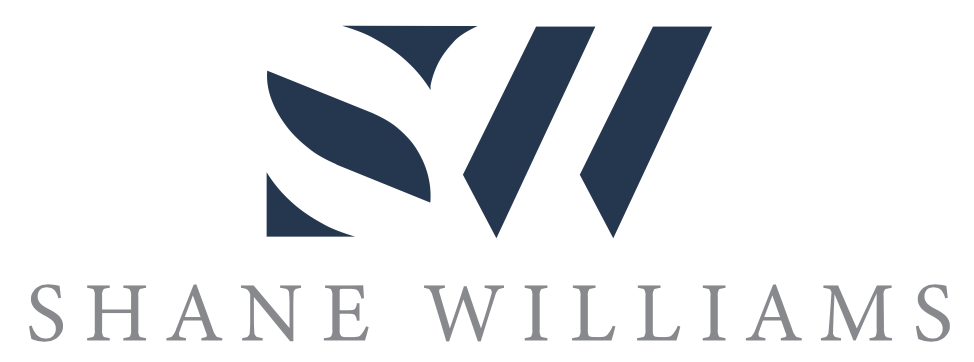Striking a balance between vision and commerciality
During this week’s episode of Platform Diaries, the drive, determination and grit associated with the founder of a startup is often celebrated as a key ingredient that allows products to reach the market. While such displays of passion and dedication are laudable, can it get in the way of scale? CEO of Melbourne-based digital education platform Cahoot Learning Craig Crowther thinks that it can.
Craig is leading a business that is enjoying exponential growth. With 2 million learners across 137 countries, Cahoot is a thriving business model that was lucky enough to experience market demand during Covid.
“There were a lot of people using the platform and using the services that we offer, but COVID really focused peoples’ attention. The world has grown up 10 years in 18 months. We brought a platform to market and adjusted it to give us a fantastic year of growth."
As a successful platform owner, Craig understands that there is a need to strike a balance between pursuing your vision and commercial viability.
“Passion… the kind that gets you out of bed every morning and drives and enables you - it can certainly get you over the starting line and give you that energy to get a business off the ground,” Craig acknowledges. “But sometimes what you're trying to achieve, and what you set out to achieve, can be a potential blinker, blinding you to what's happening in the market.”
Craig’s observations got me reflecting on the whole premise of agile software delivery. Agile businesses were intended to be iterative, based on testing and learning. Getting feedback from your market to understand how to manage your product or to take your product in the right direction is key. When the founder is more invested in their vision than the market, they risk losing collaboration with their customer - which is a core function of agile teams.
During Covid, Craig and Cahoot were forced to take on this learning.
“It was about recognising where the market is and recognising what's driving people to purchase. It was purely a practical thing that meant we needed to offer a better solution and a better product than what else was on the market. I guess it's about being pragmatic around what the future looks like,” Craig said. “Another shining example that resonates with me is Airbnb. The founders of that business were driven by an absolute need to make money and they saw a gap in the market.”
Although Cahoot and Airbnb are examples of businesses doing it well, I wanted to know the mistakes that Craig has seen founders make.
“One of the most common mistakes that I've observed is that some founders almost become evangelical. They become so wedded to their vision that they want to convince everybody that they talk to that their way is the right way of doing something.”
Craig thinks that when the market doesn’t share the vision or values, they can be put off by the approach. As a result, some of the opportunities for growth that are immediately in front of you will be overlooked. These types of founders only look for customers who will buy into their vision, rather than look to adapt a product to make it right for the market.
This brings us to one of Craig’s main tips for success: awareness and recognition.
“To me, it is critically important to have people who can support you, whether that's an advisor, a mentor, or whether it's an investor who can get you to take a step back and take a different perspective, or see an opportunity where you may not have seen it before.”
Another piece of advice that Craig has for founders is to not be too wedded to a timeline.
“Some things can grow very fast; some things take 10 or 15 years before they find their place in the market. There are products that have failed over the years that would have been amazing successes, but the market just wasn't quite ready for them... they were just way ahead of their time.”
Lastly, Craig thinks it is important to have a support network (for both financial and emotional crises).
Are you a founder that is doggedly pursuing a vision, and perhaps ignoring the needs of the market? Or maybe you are stunting your own growth by disengaging with those who don’t align with your current way of thinking? Craig urges you to consider what’s best for the bigger picture, even if that means compromising on your original pursuits.
